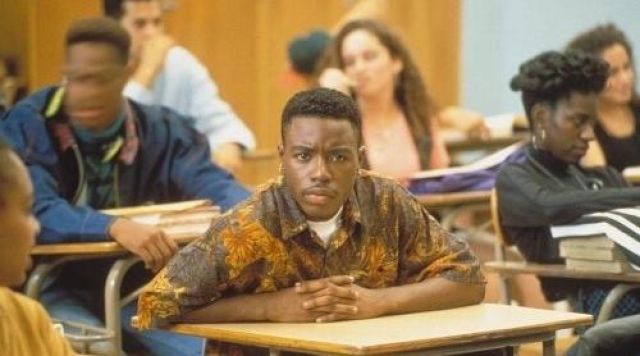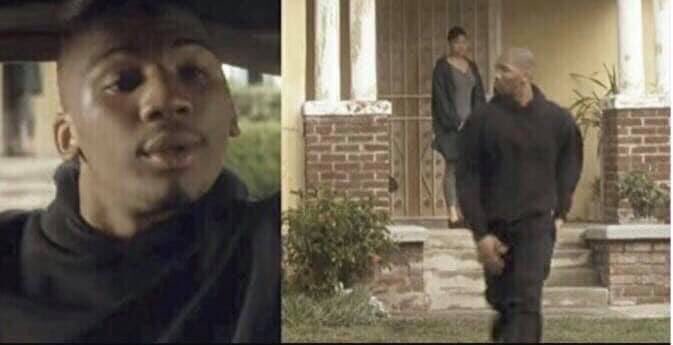
While living at home with his grandparents and attending school full-time, Caine was able to focus on his studies and other aspects of life without feeling lured by or sucked into the violence of south L.A. What's more is that it "makes no sense to ask whether an action is wrong, apart from its relation to a group's implicit agreement to accept certain moral rules (1975 2002).Īpplying the tenets of environmental psychology to understand Caine's character is the most natural way to make sense of the story of his life. Anti-relativists wrongly try to put morality beyond culture, instead, relativism makes sense of our intuitions about the limited motivational reach of our moral practices (Harman 1975 Moody-Adams 2002). This quote of Montaigne's, written in the sixteenth century, is an astute observation that reminds that relativism about differing practices is not an entirely new development. We have no other test of truth and reason than the example and pattern of the opinions and customs of the country we live in" (Montaigne 1958 Moody-Adams 2002). "Each man calls barbarism whatever is not his own practice. There is a sort of resistance to escape where he is from is we are to believe Moody-Adams's theories about the effects of such beliefs on the psyches of young black Americans (2008). Because Caine is growing up in a tough part of Los Angeles that is more or less confined to itself, he is stuck in an area where black men make bad choices because his consciousness of opportunities is limited (2008). It is important when analyzing Caine's character that there are many extraneous factors in his case other than typical psychosocial stage elements to consider.



family, drugs, street life, etc.) may force them to think a certain way as well as force them into making certain choices that may not only degrade them but that they find difficult to avoid (Flory 2008). This question is a philosophical topic, as suggested by Camus, but it is also a psychological question because what happens when a person becomes ambivalent about their life? And what drives them to become so? There is some suggestion that focusing on race by delineating how a presumed guilt of African-Americans and other related conditions (e.g. Less than thirty minutes into the Menace II Society, Caine's grandfather asks him if he even cares if he lives or dies. The question that Caine struggles with is whether life has any real meaning, taking into account the ugly, cruel, but still unimaginably changeable circumstances under which many people are able to live - "in particular, young black men caught in a web of presumption and prejudice about their alleged natures and what they might be capable of - becomes the fundamental question" (Flory 2008) for Caine and for the entire film.Įnvironmental perspective.


 0 kommentar(er)
0 kommentar(er)
